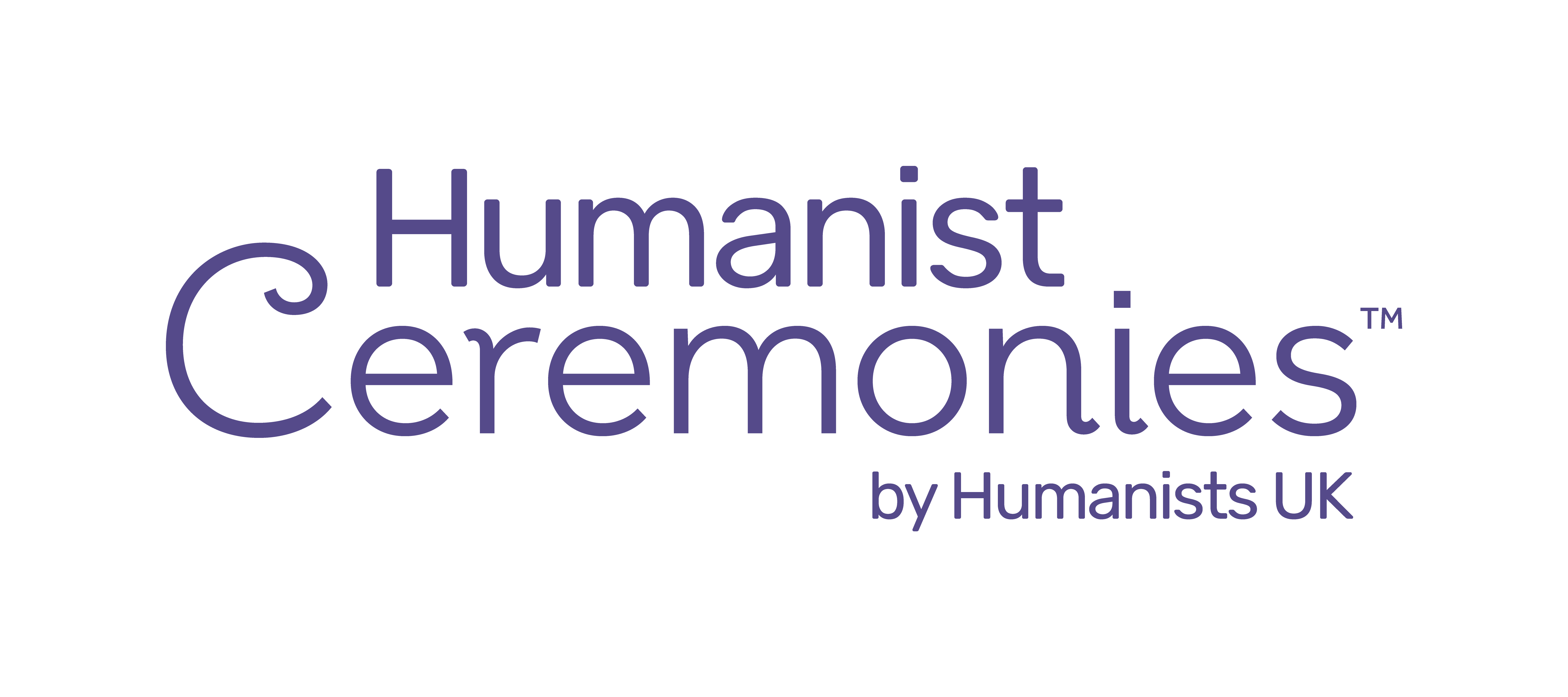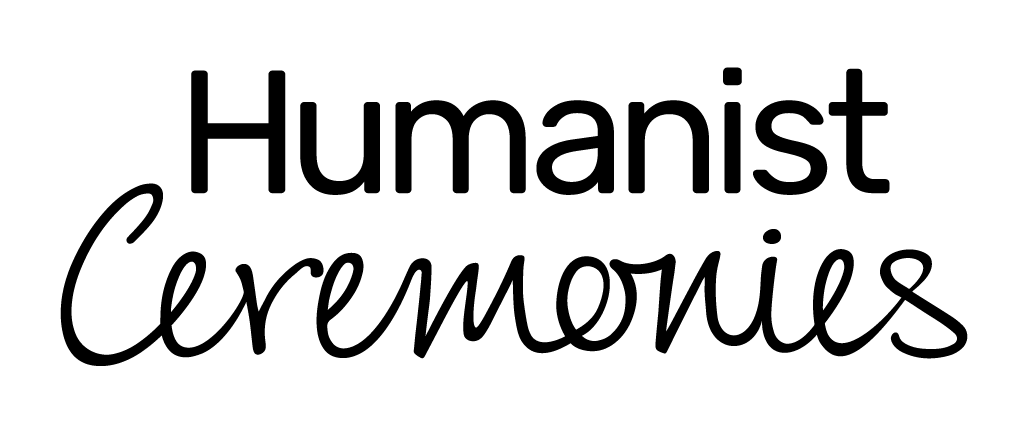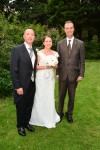How we go about it
We speak on the phone to arrange a time and a place for the meeting, which is invariably at your home address, and we then speak face-to-face for roughly 30 minutes until we have agreed a basic framework of what you would like to happen.
Rest assured, I will help in any way I can, and if you’ve no idea where to start I will guide you through the process.
It’s important to stress that there is nothing odd about a non-religious ceremony, in that it has a similar shape to a religious service although its focus is very much on the person who has died and not on a specific belief.
A typical humanist funeral ceremony would consist of the following elements:
* Music on Entry
* Welcome by Minister
* A Potted History of the Person’s Life
* A Short Period of Reflection (accompanied by music)
* Family Tributes
* Friends’ Tributes
* Closing Words and The Committal
* Music on Exit
This framework is flexible and can be changed according to your wishes. We have to bear in mind that we only have about 30 minutes for the ceremony, which includes a few minutes in which to enter (and leave) the chapel.
The ‘Committal’ means what happens to the coffin at the end of the ceremony, and, depending on the location, this can vary, as some chapels have no curtain in which case the coffin can either be committed (move away) or it can stay where it is. If it stays where it is the family can then come forward and place a flower (or a card) with the person before leaving the chapel, the committal taking place only once they have departed.
Music is usually downloaded on either Wesley or Obitus, and if the music you want cannot be found on either I will find it on Spotify and play it on the day using my Bluetooth speaker.
My fee for the funeral service is £225, a portion of which goes to the British Humanist Association who use it to fund the training of fledgling Ministers, as well as to ensure the ongoing peer-review of existing ones.
A typical humanist wedding ceremony would consist of the following elements:
* Music for the Entrance of the Bridal Party
* Welcome by Minister
* A Little Background on the Couple
* Thoughts on Marriage
* A Reading
* The Wedding Vows
* A Second Reading
* The Exchange of Wedding Rings
* The Affirmation
* Music for Exit of Bride & Groom
I should stress that many couples opt for further readings, a communal song, hand-fasting, personal statements (that they read to each other for the first time on the day), and even a signing of the register, which although not a binding legal document, helps to reassure guests that there is a formal side to the proceedings, despite their fundamentally relaxed, inclusive and welcoming feel. Some couples enjoy the drama of my asking: ‘If there is anyone here who knows any just cause why these two persons may not be joined in matrimony…’ – it really is up to you to decide if that question appeals! The Affirmation simply affords a chance for everyone to join in by saying (together): ‘We do’ and ‘We will’, when asked if they will support the couple through their married life, together!
The wedding fee I ask for is £660.
If you would like to talk to me or arrange to meet then please do call on 07932 888737 or on 0207 274 1799, if you prefer.
To learn more, please have a look at my dedicated website at markhayfordhumanist.com or email me at mark@markhayfordhumanist.com
Thank you for your kind attention and I hope to hear from you soon.



